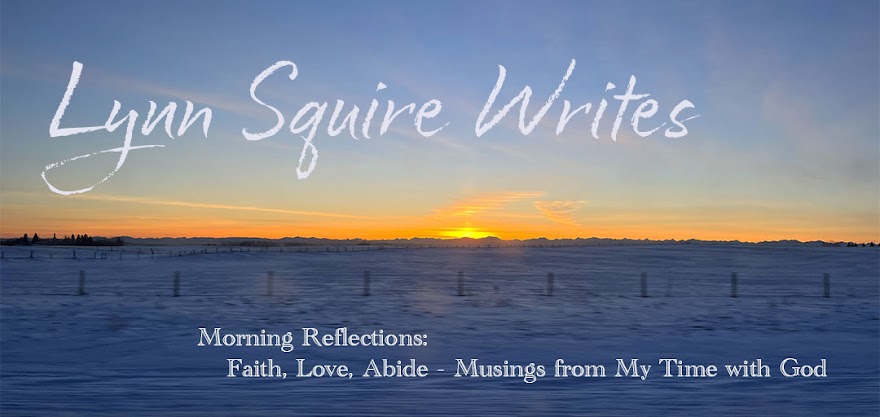"Charity never faileth:..." I Corinthians 13:8a "Never" is an absolute. Not even at any time does true love (that is, God's love) ever fail. Think about it. Read John 3:16.
"Never" is an absolute. Not even at any time does true love (that is, God's love) ever fail. Think about it. Read John 3:16.
"For God so loved the world, that he gave his only begotten Son, that whosoever believeth in him should not perish, but have everlasting life."God loved us. That love will not fail. He did what He said He would do and gave us the gift of eternal life, if we are willing to receive it.
Man's love isn't perfect. However, through Christ's sacrifice, we have access to that perfect love of God expressed in His gift of eternal life.
"A new commandment I give unto you, That ye love one another; as I have loved you, that ye also love one another." John 13:34God showed us His never failing love through Jesus Christ. Jesus told us to love one another as He loved them. Wow. Tall orders. Are you willing to die for your brother or sister in the Lord? Paul was.
"If ye love me, keep my commandments." John 14:15
"I speak not this to condemn you: for I have said before, that ye are in our hearts to die and live with you." II Corinthians 7:3We all make excuses to avoid pain or sacrificial service. "Oh, you mustn't suffer for Christ, you have a family to raise." "Oh, you must get your rest or you'll be too sick to go to work tomorrow. You know that paycheck you earn puts food on the table." "Let their own family take care of them. You have to take care of yourself."
All of these excuses do have some truth to them. We have a responsibility to our family. They are a priority. Sometimes you must put them ahead of the ministry. I see my children as my disciples. I must teach them and lead them by example. Oh. If I am to lead them by example, then I need to demonstrate a never failing love, a love for others, a willingness to sacrifice my own comfort for the spiritual, emotional and physical well-being of others.
I have a confession to make. In my flesh, I allow criticism--or words spoken in opposition to the ministry or hateful words--to make ground beef out of my heart. I'd like to say that my sorrow comes from my compassion for the other person who fails to understand and see God's truth or apply His commandments. Not initially. I am quite guilty of running for cover to lick my wounds. After a time, when the wounds heal, God often helps me see the condemning soul in a different light--to even take pity on such a person.
If love never fails, it won't be hindered by the lashing out of angry people or the 'well-meaning' soul who thinks you are crazy for serving God. Love will look at those people with compassion, with tenderness, with meekness (knowing how easy it is to be judgmental), and it will continue to faithfully to serve the Lord by following His example.
"And ye shall be hated of all men for my name's sake: but he that endureth to the end shall be saved." Matthew 10:22









